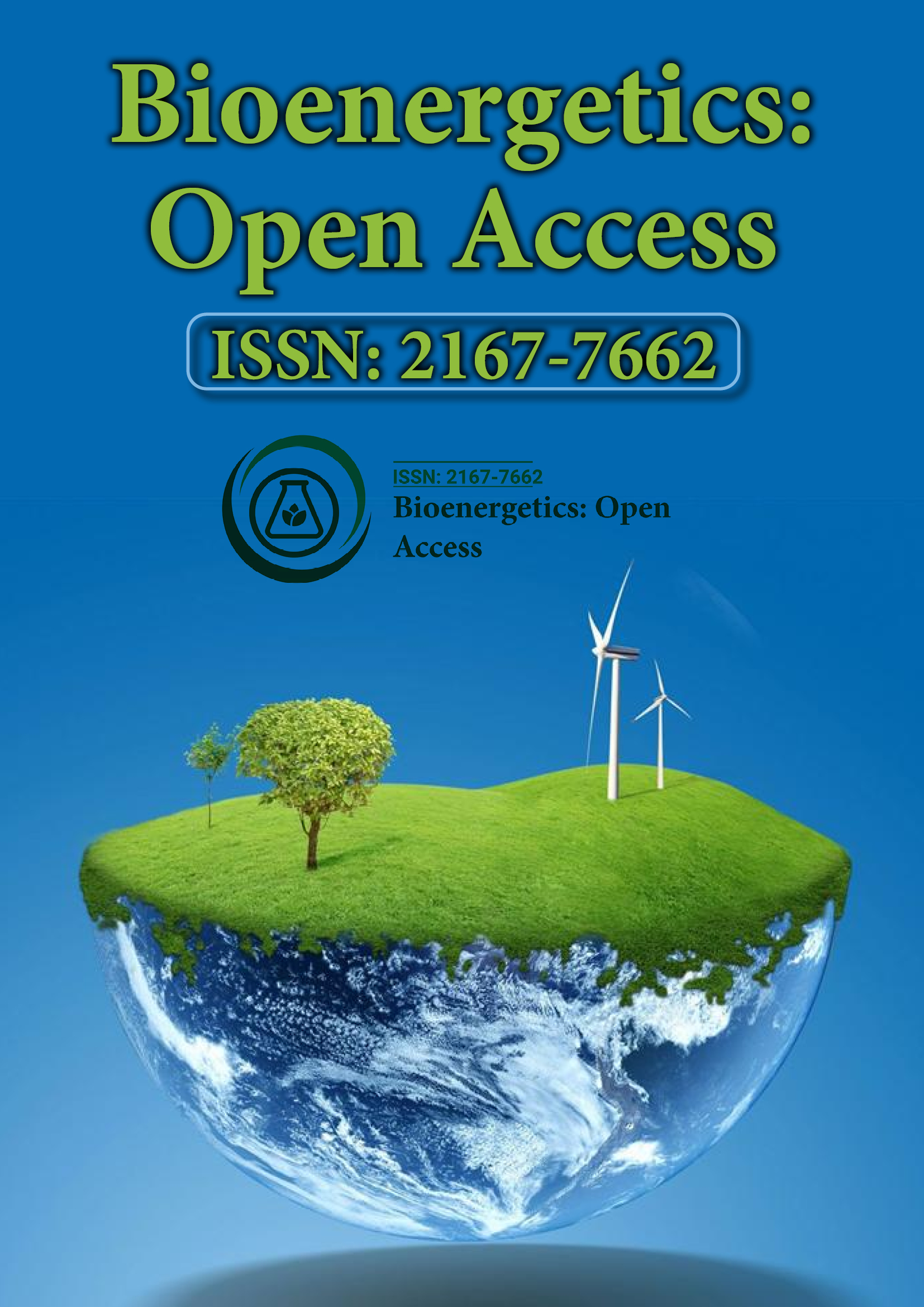Indexed In
- Open J Gate
- Genamics JournalSeek
- Academic Keys
- ResearchBible
- RefSeek
- Directory of Research Journal Indexing (DRJI)
- Hamdard University
- EBSCO A-Z
- OCLC- WorldCat
- Scholarsteer
- Publons
- Euro Pub
- Google Scholar
Useful Links
Share This Page
Journal Flyer

Open Access Journals
- Agri and Aquaculture
- Biochemistry
- Bioinformatics & Systems Biology
- Business & Management
- Chemistry
- Clinical Sciences
- Engineering
- Food & Nutrition
- General Science
- Genetics & Molecular Biology
- Immunology & Microbiology
- Medical Sciences
- Neuroscience & Psychology
- Nursing & Health Care
- Pharmaceutical Sciences
Diesel fuels from thermal gasification of agricultural waste
17th World Congress on Biofuels and Bioenergy
April 03-04, 2023 | Barcelona, Spain
Paulo Brito*, Nadezhda Krop, Vítor Matos, Eveline Andrade, Luís Calado, Roberta Panizio and Catarina Nobre
VALORIZA, Portugal
Scientific Tracks Abstracts: J Bio Energetics
Abstract:
The Alentejo region (Portugal) is known for its agricultural production. This intensive production is associated with high waste generation, making biomass wastes an attractive option as feedstock for energy production. Gasification is one of the most significant technologies in biomass conversion. It is a process that takes place at high temperatures (700-1200°C), having as a main product a combustible gas called syngas. Syngas (which is largely composed by CO, H2, CO2, CH4, etc.) can be used in diesel engines. When the diesel engine is not modified, syngas can be used during the engine’s ignition phase. On the other hand, the engine can be converted into DDF (Diesel Dual Fuel) [Figure 1] mode and syngas can either be used together with diesel fuel or as a substitute. The SynDiesel project intends to analyze and determine the techno-economic feasibility of using biomass wastes, particularly those of agricultural and agro-industrial origin, for syngas production and syngas use in DDF engines. The results obtained so far, indicate that Alentejo’s most promising biomass waste samples in terms of quantity and chemical characterization are olive tree prunings, common wheat, durum wheat, barley, oats, triticale, fava beans and lupine. To produce syngas, gasification operating conditions are being optimized in a range of 600–700°C. As of now, typical cold gas efficiency for the studied biomass waste samples were in the range of 62–74%, giving good prospects on syngas quality (20% CO, 17% H2). Before using the syngas in the DDF engine, syngas cleaning procedures will be studied and implemented to comply with emission regulation, particularly 50 mg/Nm3 in the case of particles and 100 mg/Nm3 for tars. Overall, this project will increase participation of agro-industrial biomass in the energy mix, namely mobility and electric energy. Moreover, these technologies will undoubtedly contribute to the decarbonization process, since using a part of agricultural waste can achieve reductions up to 35% in diesel consumption of agricultural machines.
Biography :
Paulo Brito has a degree in Chemical Engineering (IST, Portugal), an MSc in Corrosion Science and Engineering (UMIST, UK), an MBA (INDEGISCTE) and a PhD in Chemical Engineering focused on Electrochemistry (IST, Portugal). He is a Coordinating Professor with Tenure and Aggregation at IPPortalegre’s Technology and Management School (ESTG) and coordinates VALORIZA (Research Center for Endogenous Resource Valorization). His main research interests are related with bioenergy, waste management and thermochemical valorization, materials’ corrosion, galvanic energy production and production of renewable gases (hydrogen and methane) from thermochemical processes. He has published more than 200 works in papers, books and proceedings.
